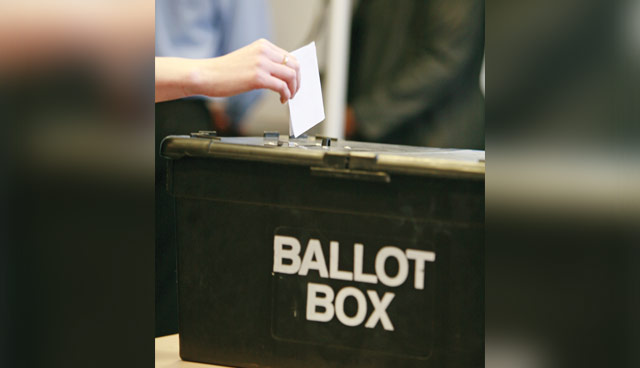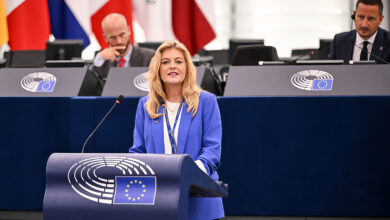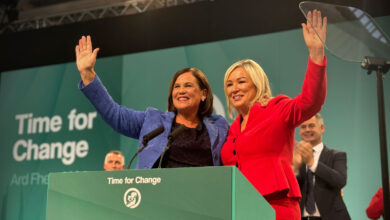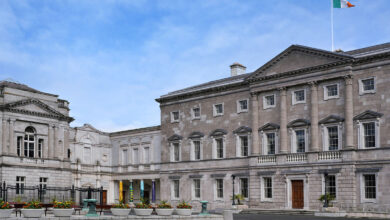Voting rights referendum could more than double electorate

A planned referendum on the 39th Amendment to the Irish Constitution to enable citizens living outside of the State to vote in presidential elections could see the potential electorate jump from its current level of 3.2 million people to 6.9 million.
The measure has been under consideration by the Fine Gael Government for the last five years, with the referendum originally scheduled to be held in May of this year on the same day as the local and European elections. Officials in the Department of Housing, which has responsibility for elections, are said to have been working on the logistics of such a proposal for months.
Having considered narrower alternatives such as limiting the expansions to those who were born in Ireland, or who have lived in Ireland, or who currently hold passports, the decision was made to make the expansion as wide as possible. Department estimates state that under these parameters, 3.6 million people living outside of the State – most significantly, those born and raised in Northern Ireland who have taken up the Irish citizenship guaranteed to them by the Good Friday Agreement – would become eligible to vote in presidential elections, starting with the next one in 2025, with the law coming into effect on 1 January of that year.
However, uptake from citizens living abroad to register to vote in their native countries (where allowed) is typically low; of the five million UK citizens living outside of their State that are eligible to vote, only 285,000 are registered. Of the 14 EU member states that directly elect their President, Ireland is one of only three that does not enfranchise its expatriate citizens.
The behind the scenes work by Department of Housing officials resulted in the circulation fo the general scheme of the 39th Amendment of the Constitution (Extension of the Franchise at Presidential Elections) Bill in June, two weeks before the Dáil’s summer recess, to the Oireachtas foreign affairs committee. Originally planned to be held in October following its postponement from the May date, it is now said that the referendum could take place in either October or November depending on the speed with which it progresses through the Dáil.
In principle, the idea has cross-party support, but Fianna Fáil, Sinn Féin and Labour have all called for the Government to provide more information on the proposal. Labour’s Joan Burton TD said that she had “huge concerns” over the details and proposals and the lack of “serious debate” around the issue. “Will it be many millions of extra voters and how will the vote be organised? Will there be physical polling stations in embassies or online voting?” she asked.
Sinn Féin TD Pearse Doherty said that the passing of the referendum would be a “clear signal that Irish citizens in the North are valued” and that the passage of the law would be a progressive way to build on the Good Friday Agreement, but his party colleague David Cullinane TD urged the Government to publish the wording of the proposal as soon as possible, saying that the autumn would be too late.
The proposal builds on the finding of the 2013 convention on the Constitution, which recommended that voting rights be extended to Irish citizens outside the State for presidential, but not Dáil, elections.





